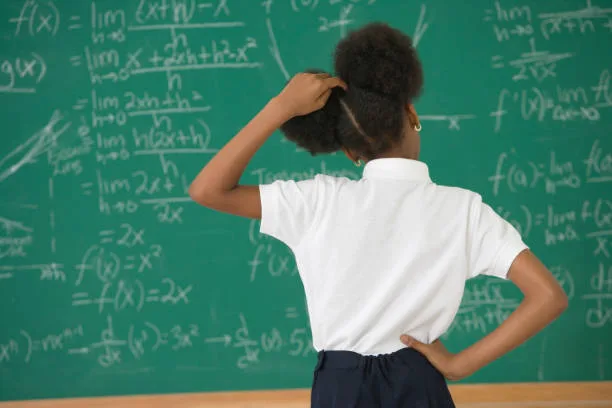Survey: Most Students Can’t Solve Addition and Subtraction Tasks Correctly
A recent survey conducted in Bungoma County has exposed a significant challenge among schoolgoing children in Kenya, revealing that most students are unable to correctly solve basic addition and subtraction problems.
The research was carried out by education lobby groups Zizi Afrique Foundation and Usawa Agenda in partnership with the Ministry of Education. The findings highlight an urgent need for enhanced teacher training to improve the teaching of mathematics and other technical subjects.
As the country continues to emphasize the adoption of STEM subjects, education stakeholders have underscored the necessity of revising current instructional methods.
During a meeting in Nairobi on Wednesday, education stakeholders reaffirmed the importance of reviewing primary school teaching approaches for mathematics, especially in the context of the Competency-Based Curriculum (CBC).
The fundamental goal is to ensure that all children realize their full learning potential and acquire the necessary skills to thrive in life. The survey, which was conducted in Bungoma West, assessed 405 learners, but only 3% of them successfully solved all the addition and subtraction questions presented to them.
Gender Disparity in Math Performance
Findings from the study also highlighted the impact of societal attitudes toward mathematics, particularly concerning gender. Researchers noted that when teachers imply that mathematics is a male-dominated subject, it shapes students’ perceptions from an early age.
This bias significantly affects girls’ performance in STEM subjects as they progress through their education. The way numeracy is taught also plays a crucial role, with experts emphasizing the need for a more practical and comprehensive approach.
Students should not only learn how to compute numbers but also understand the reasoning behind mathematical operations and how to apply them in everyday life.
Speaking at the workshop, Zizi Afrique Foundation Executive Director, Dr. John Mugo, called for the implementation of teacher training programs focused on pedagogical strategies that improve numeracy acquisition.
Read Also: TSC Begins Document Verification for Teacher Replacements
He particularly emphasized the importance of error analysis in teaching. Studies have previously shown that 40% of mathematics teachers themselves struggle to solve the very problems they teach.
This underscores the need for a national investment in resources that will enhance the effectiveness of math instruction.
Teacher Training Initiatives
As part of efforts to address this challenge, 12 teachers from Grades 2 and 3 in Bungoma West Sub-county have undergone training on error analysis to enhance classroom delivery of numeracy lessons.
STEM education is intended to develop critical thinking and problem-solving skills, which are essential for tackling real-world challenges and fostering job creation. Strengthening the foundation of mathematics education is a crucial step in achieving this goal.
Survey: Most Students Can’t Solve Addition and Subtraction Tasks Correctly.
Follow Teachers Updates on Facebook, LinkedIn, X (Twitter), WhatsApp, Telegram, and Instagram. Get in touch with our editors at [email protected].


Discussion about this post